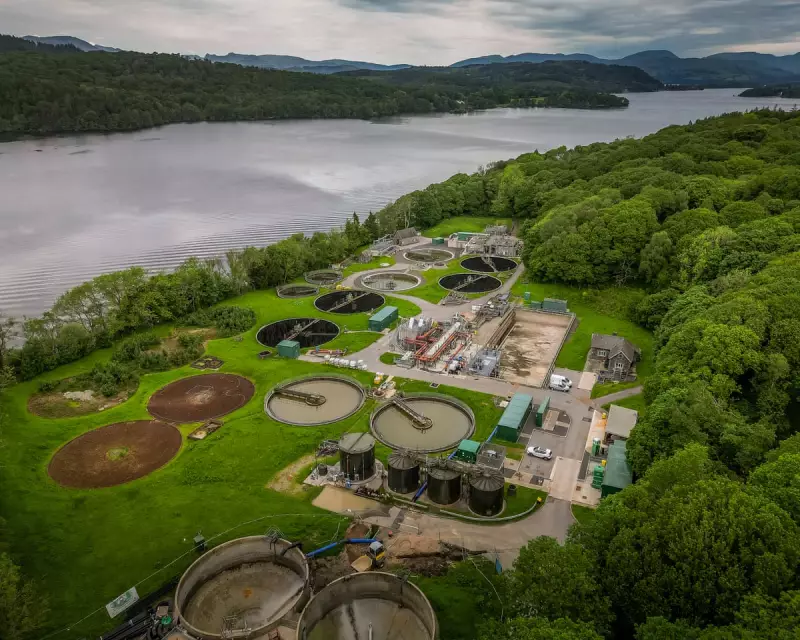
The picturesque waters of Windermere, England's largest natural lake, are facing a severe pollution crisis, according to the most extensive survey ever conducted on its water quality. The study reveals alarmingly high levels of sewage-derived bacteria across much of the lake, sparking urgent calls for action.
A Lake in Peril
Researchers conducting the comprehensive survey found that significant portions of Windermere contain harmful bacteria originating from sewage. These findings paint a troubling picture for what is considered one of Britain's most iconic natural landmarks and a popular tourist destination.
Key Findings:
- Dangerous bacteria levels detected throughout the lake
- Sewage contamination more widespread than previously thought
- Potential health risks for swimmers and wildlife
- Ecological balance of the lake under threat
Environmental and Health Concerns
The presence of sewage-related bacteria raises serious questions about water management practices in the region. Environmental experts warn that continued pollution could have devastating consequences for the lake's ecosystem and the species that depend on it.
Public health officials have expressed concerns about the potential risks to swimmers, boaters, and others who come into contact with the contaminated water. The findings come at the height of summer when visitor numbers to the Lake District are at their peak.
Calls for Immediate Action
Conservation groups and local activists are demanding swift intervention to address the pollution crisis. The survey results have intensified pressure on water companies and regulatory bodies to implement stricter controls on sewage discharge and improve water treatment processes.
As one of Britain's most cherished natural assets, the fate of Windermere has become a symbol of the broader challenges facing the UK's waterways. This landmark survey provides undeniable evidence of the urgent need for environmental protection measures.





